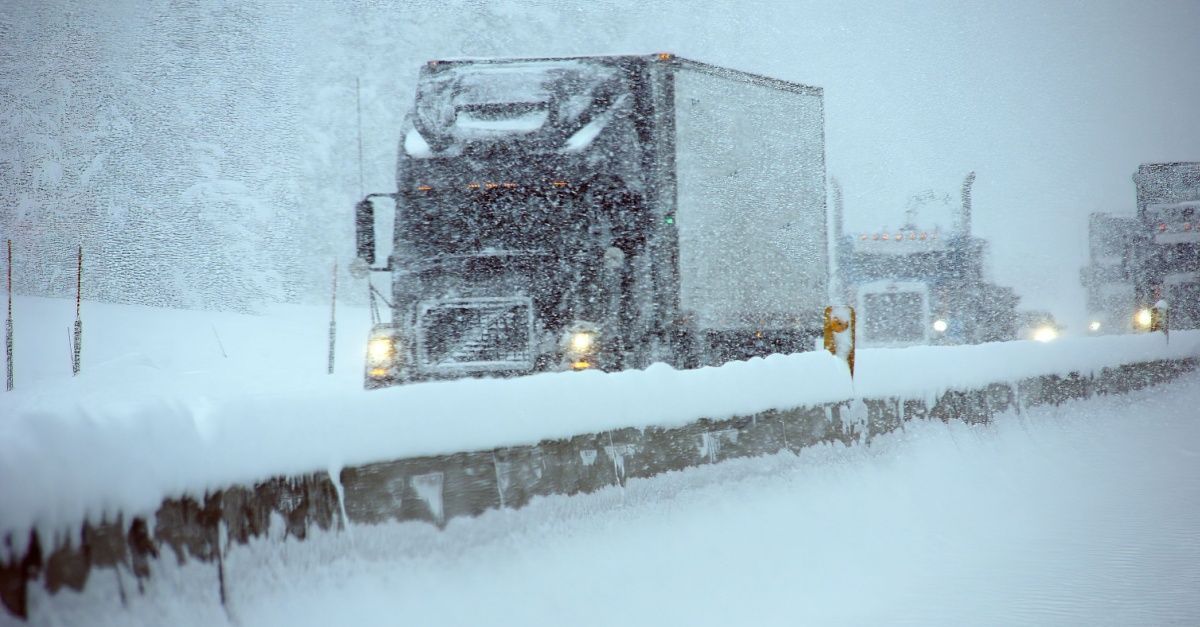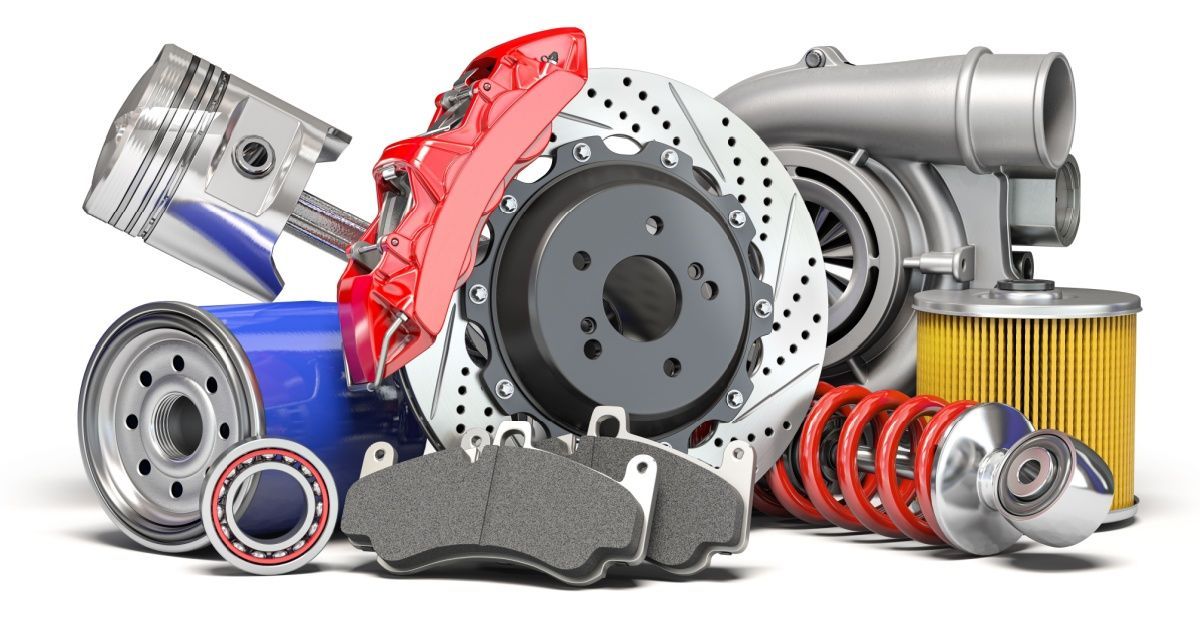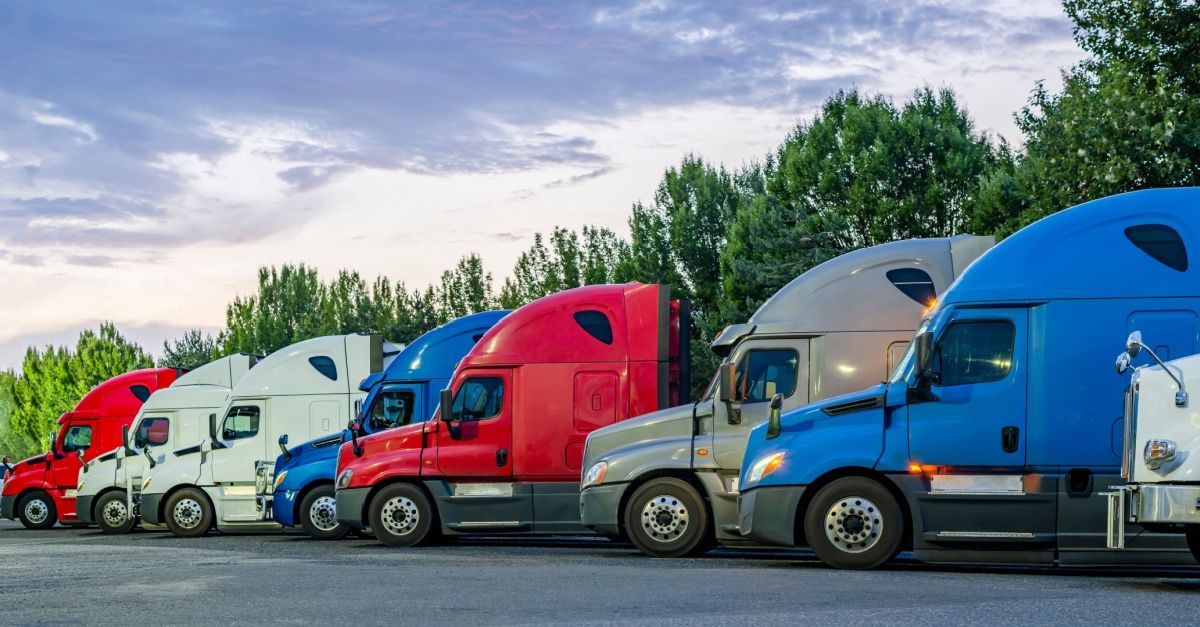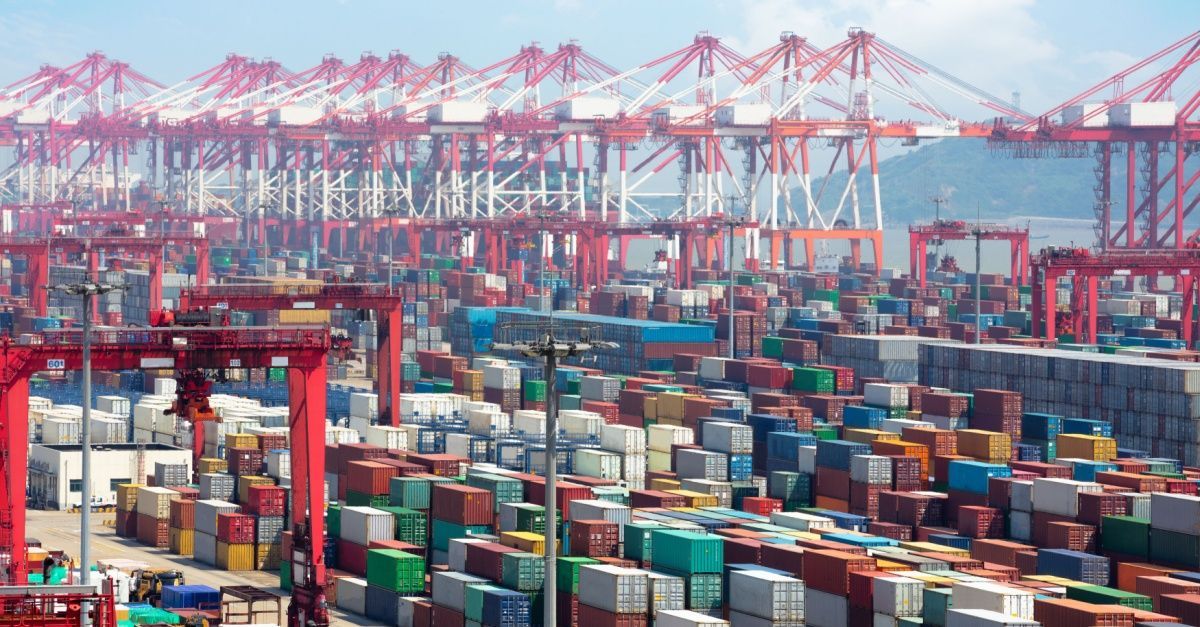Temperature Control for Perishable Goods: The Advantages of Reefer Trucking
Blog Post CTA
What Are the Advantages of Using Reefer Trucking for Perishable Goods?
The global refrigerated transport market is growing bigger almost by the day. In 2022, the global market size reached $17.8 billion, and growth is forecasted to continue. IMARC Group predicts the market will reach $24.3 billion by 2028. That would be a compound annual growth rate of 5.31% from 2023 to 2028.
The market’s growth, combined with other factors, has put shippers under increasing pressure to provide available access to refrigerated transport. This challenge has left shippers trying to find ways to cope. One of those ways can be partnering with a tech-enabled reefer logistics provider. This blog will delve into reefer freight and its challenges. We will also discuss three advantages of using a 3PL to handle reefer freight and look into what the future could hold for the business.
What is Reefer Freight?
Before the 1930s, any form of refrigerated shipping depended on ice and salt. But in 1938, African-American inventor Frederick McKinley Jones created the first mobile refrigeration unit for trucks. That was the real start of refrigerated trucking, also known as “reefer” trucking. Reefer freight is a shipping method that specializes in the transportation of products that require a stable temperature to stay fresh. This also includes controlling humidity and sufficient airflow. Today, there are about half a million refrigerated trailers in use.
Reefer trucking is not limited to perishable foods such as meats, produce, and dairy products. Here is a list of items that often need the use of reefer trucking:
- Foods
- Beverages
- Flowers
- Pharmaceuticals
- Blood
- Personal care products
- Fine art or antiques
- Temperature-sensitive equipment.
From this list, it’s easy to see the importance of reefer trucking because many of those items are essentials we use in our daily lives.
What are the challenges of reefer freight?
Reefer freight deals with the challenges that the shipping world faces these days as well as some special concerns that make refrigerated transportation an even bigger mountain to climb. Let’s take a look at some areas affecting reefer freight.
Temperature assessment and maintenance
Regarding reefer freight, keeping the shipment at the correct temperature is the greatest challenge. The greatest dangers to loss of temperature come when there are poor loading and unloading practices or when the shipment sits in the loading dock too long. Analysts in the industry estimate that almost a third of the refrigerated cargo loaded onto refrigerated vehicles is at the wrong temperature at the time of loading. There is also the concern that the reefer unit will be set at the wrong temperature or have a problem working during the journey, which compromises the temperature for a period of time. With any of these slip-ups, the product’s temperature can exceed the food tolerance level and can lead to the load being rejected by the receiver, which will likely negatively affect both a company’s bottom line and its reputation.
These concerns can be counteracted with monitoring and
maintenance. Today’s technology means many refrigeration units have hundreds of alarm codes and most shipments have monitors that regularly check the temperature and send out real-time alerts if there is a problem. It’s also a plus to have someone consistently looking at possible breakdown areas — fluid leaks, compromised belts and hoses, damaged air chutes, condenser problems, flawed calibration, sensor malfunctions, and damaged door seals. Regular maintenance checks can often take care of those problems before they put any of the reefer or product in jeopardy.
Operator error can also be a big concern when it comes to reefer trucking. All
drivers should have training in how to handle the reefer unit. If a driver is inexperienced, they could set the unit to the wrong mode. If they are not familiar with a reefer’s alarm codes, they won’t respond correctly when an alarm is triggered. They should also make a visual inspection of the load before traveling.
Driver shortages
The growing demand in e-commerce and the ongoing driver shortage have created a double whammy for shippers. The task of finding capacity for all of the loads has become more difficult for a business that has been facing a driver shortage for more than a decade. Based on an estimate by American Trucking Associations’ Chief Economist Bob Costello said the shortage could more than double and surpass 160,000 in 2030. With the long hours, tough conditions, and time away from home that drivers have to deal with, the industry is having trouble attracting employees. In a bid to try to entice new drivers, some companies are considering pay increases along with other perks such as weekend driving pay increases, performance bonuses, and rewards programs.
Difficulty maintaining visibility over volatile operations
You name it, reefer shippers are being hit with it — climbing costs, rising volume, driver shortages, and a supply chain that is volatile. All of this is while dealing with labor-intensive operations that need constant monitoring of a product that can come with high costs if it is spoiled. Keeping visibility becomes of prime concern, which becomes difficult when trying to overcome all of the hurdles that come with an unsettled market. When your shipment has to deal with all of these concerns, it shows the importance of having state-of-the-art technology that can offer real-time status updates and shipment locations.
Three Advantages of Reefer Freight From an Expert-Driven 3PL
With such a complex world as reefer freight, you need to have someone with experience and knowledge. A partnership with a reliable reefer-first 3PL can give you just what you need. They can take some of the pressure off your company and provide you with the expertise you need. Let’s take a look at three ways in which a reefer-first 3PL can help you step up your game.
Temperature control from transportation experts
Being able to maintain the ideal temperature control on a shipment from start to finish is the No. 1 priority when it comes to reefer shipping. An experienced reefer 3PL, like Entourage Freight Solutions, can make sure every angle is covered with up-to-date technology that enables real-time tracking of the temperature of the shipment that is available at all times throughout the entire journey.
“We will give you transparency and visibility into what is happening with that freight at any time,” said Cody Magrum, director of sales at Entourage Freight Solutions. “I know the difference between 34 degrees versus 34 degrees continuous (continuous means it stays that temperature the entire time) and we have checked with the truck that we STAY at 34, not get up to 40 and go back to 34.”
Optimized access to reefer freight capacity
Capacity is probably the second biggest concern in reefer freight. With a reliable 3PL partner taking the reins, capacity can be optimized because the 3PL gives you a competitive advantage with buyer power. A successful 3PL represents many customers and larger amounts of freight volume, which means it can better negotiate an advantageous freight rate for you. Along with that, carriers will be more willing to go a step further to make sure the capacity of the 3PL’s clients is also taken care of to keep a beneficial relationship blossoming. Also, good 3PLs have built up many relationships along the way that can make it easier to find a carrier for your capacity because they can quickly link up with a carrier if time is of the essence for one of your shipments.
High-Stakes Shipping Requires High Visibility
When you have a 3PL that can take excellent care of the temperature control and capacity, you next want to look for one that can provide the same type of visibility. Not only regularly alerting you as to the current temperature of the shipment, but also informing you on where the shipment is and how long until it will reach the destination.
“We know the nuances of perishable transportation,” said Magrum, Entourage Freight Solutions’ director of sales. “We have problem-solving skills” and can take things off the customers’ hands. “We can set the appointments if that is what you prefer. If a truck has a 3 a.m. delivery, you will get an update at 1 a.m. to let you know they are tracking at time. When it checks in, you’ll get an update. We are always proactive in our communications so you know at all times what is going on.”
The Future of Reefer Freight
Certainly one of the things that will be a part of reefer freight in the future is what impact will it make on sustainability. Let’s take a look at the issues that shippers and other parts of the supply chain will be facing:
- Food waste mitigation: While it’s impossible to get rid of all food waste, there are ways to improve. At the top of the list is keeping containers at the right temperature to avoid spoiling. Superior cold-chain equipment and more dedicated monitoring can both be vital to curtail waste.
- Complex food supply chains: With the supply chain in reefer freight expected to continue growing, the weight of successfully navigating food supply chains gets even more crucial. Communication throughout the entire chain is the way to overcome that complexity and make sure all shipments are reaching their destinations on time.
- Reducing the carbon footprint: From working with newer, less-harmful types of refrigerant to cutting down on greenhouse gas emissions with variable speed drives for compressors, there are many new ways popping up to reduce CO2 in refer freight.
- Technology: The digitalizing of companies and the continuing advancements in technology will push reefer freight to greater heights. Technology continues to map each step of the shipping process more accurately and it provides even more precise monitoring of shipments. Those are just two of the many ways that tech takes it to the next level.
Don’t worry, Entourage Freight Solutions Can Help You Keep Up
Shippers are under increasing pressure from many sides to keep up with this hectic time in reefer freight. They must deal with three challenges that are heightened by greater volume — temperature assessment, driver shortages, and visibility. This is where a reefer-first 3PL can help handle some of the burdens and relieve some headaches. Entourage Freight Solutions, an expert in navigating reefer freight, can be your perfect partner. EFS has an experienced and highly knowledgeable team that is ready to help shippers get reefer freight on the road faster while offering a competitive rate and the ability to trace every shipment’s movement in real-time from the beginning through to the delivery. If you need that helping hand, check out our website and request a quote today.









